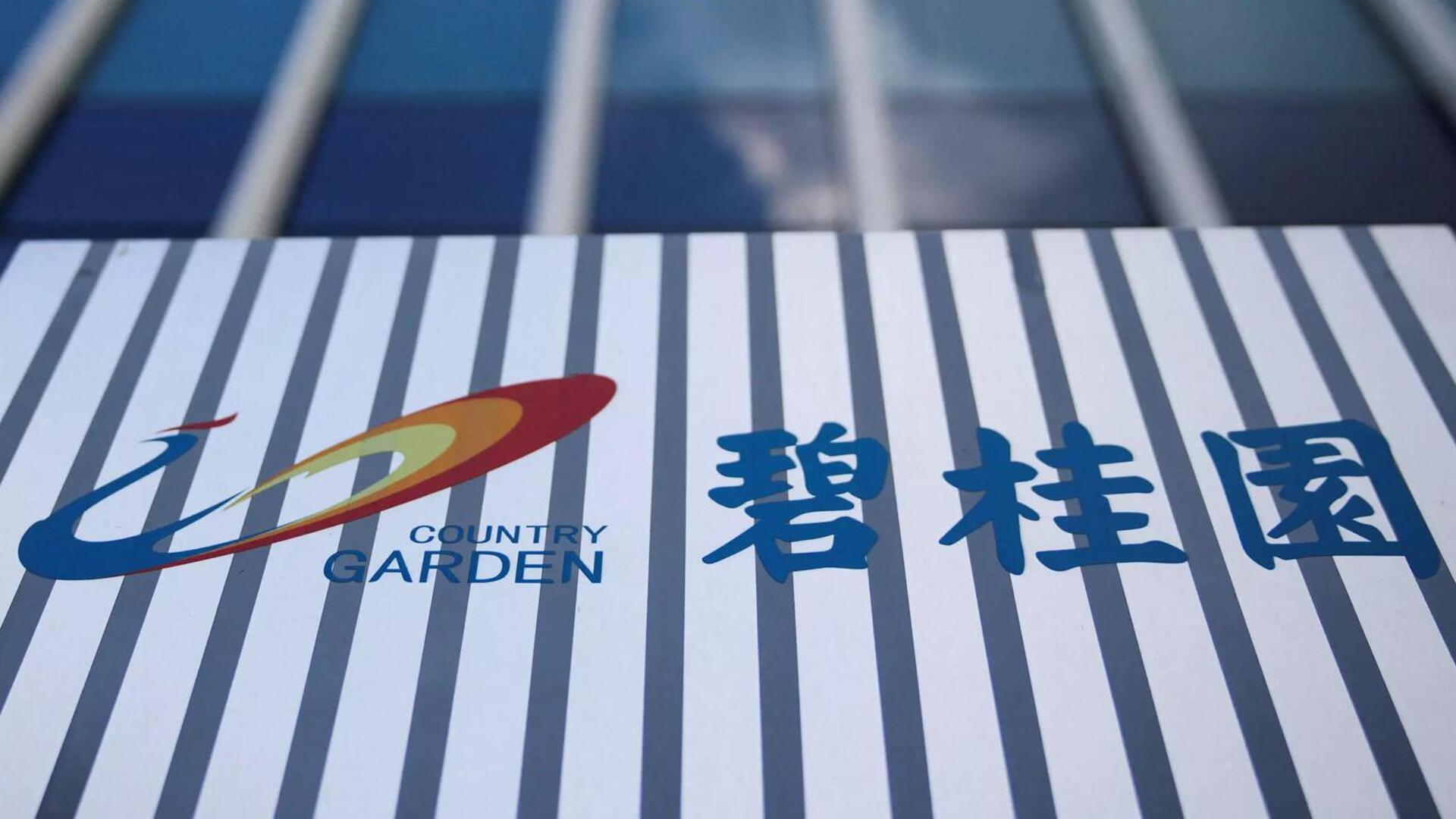
Chinese real estate company Country Garden defaults on dollar bond
What's the story
For the first time ever, Chinese developer Country Garden Holdings has defaulted on a US dollar bond, emphasizing its struggles amid a wider property debt crisis impacting China's economy. Trustee Citicorp International Ltd issued a notice stating that the company did not pay interest on the bond within the grace period that concluded last week, resulting in an event of default. This situation arises as Chinese President Xi Jinping bolsters the economy with increased sovereign debt and other initiatives.
Details
Unpaid interest and potential restructuring
As one of the most indebted developers globally, Country Garden failed to pay $15.4 million (nearly Rs. 128 crore) of dollar bond interest by the end of a 30-day grace period, following the initial deadline of September 17. Consequently, Country Garden is likely on the path to one of China's largest-ever restructurings. The firm has recently engaged advisers to assess its capital structure.
What Next?
Impact on China's economy and real estate market
The default by Country Garden, formerly China's largest builder by contracted sales, may have major consequences for the country's economy, where the property sector and related industries contribute approximately 20% of gross domestic product (GDP). Chinese authorities have been working to rejuvenate the real estate market after developers faced record defaults due to a builder debt crisis now in its fourth year. Despite recent policy changes, property investment shrank 9.1% during the first nine months of the year.
Insights
Future challenges for Country Garden
Country Garden's contracted sales in September plummeted 81% compared to the previous year, indicating the severity of its issues. Its dollar notes have been marked around five cents, showing how little money investors anticipate recovering after some were close to 80 cents in June. The company's shares have fallen about 74% this year. Although Country Garden has not officially defaulted on any onshore bonds, it secured noteholder approval in September to extend payments on nine onshore securities.